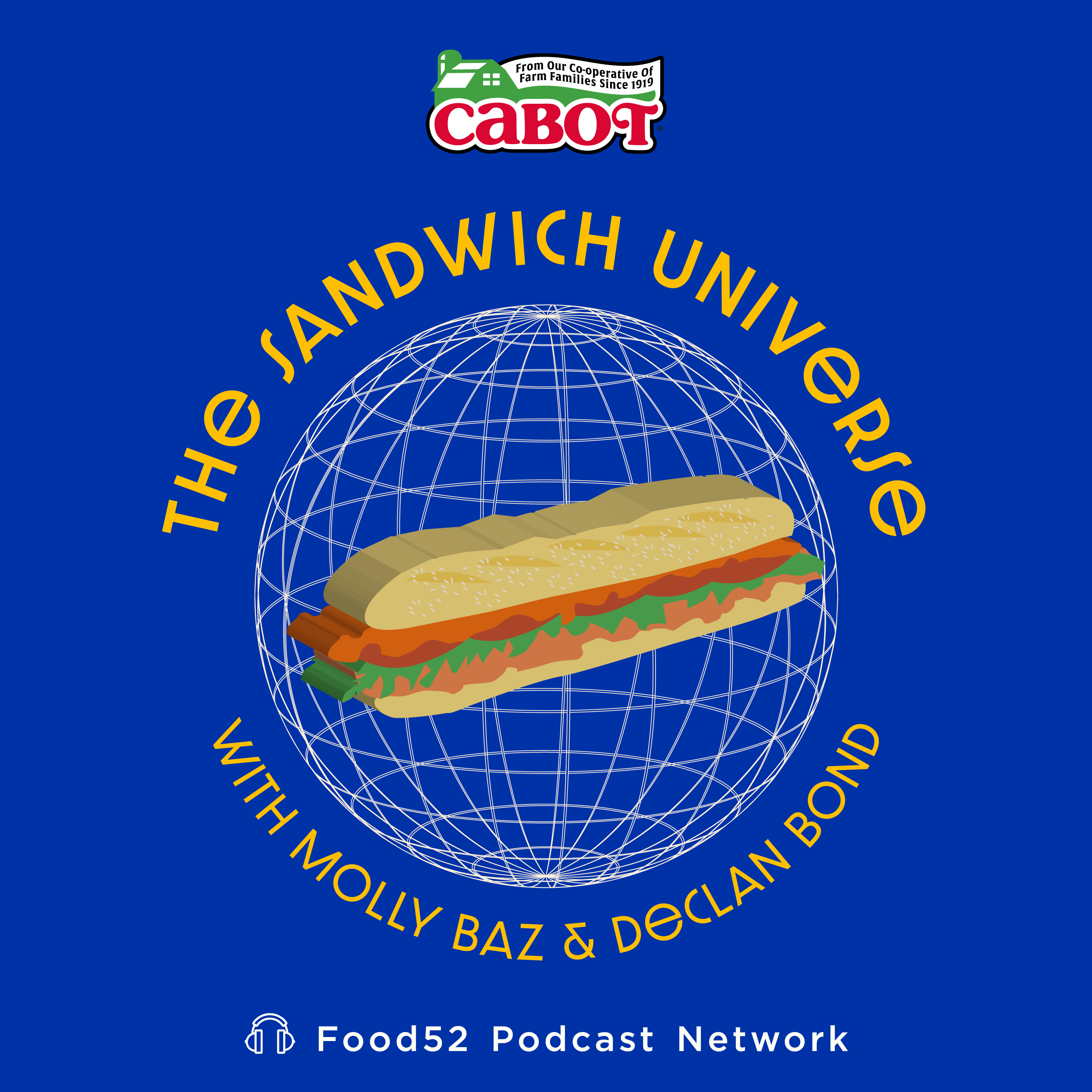Families are such strange things. We inherit them, choose them, marry into and out of them. I think about mine plenty. We’re a brilliant, dysfunctional lot—creative, weird, sensitive, ill, magical, empathic, loud, and queer. I think about my place in our private matrix and my role in our shared, personal histories. I think about the things that have shaped me, and us, through the years: poverty, strength, trauma, intelligence, abuse, faith, isolation, madness, and love. There are so many ways to understand us, to know and not-know us.
I’m not quite sure how I survived the dark years of my disordered eating during my teens. I didn’t tell anyone who could have helped me until years later when the worst of it was over. But somehow, slowly, I healed. I think my girlfriend played a significant part in this mostly subconscious process. In loving her, and allowing her to love me, I was able to dissolve and unlearn my anxieties around my body and food. Eating became a thing we did (and still do) together—enthusiastically and, on my good days, without shame.
Diet and health are big issues for all of my immediate family. Growing up among that, and my parent’s mutual, violent unhappiness—her diet paraphernalia (magazines, eating plans, meal replacement shakes), his glossy high end fashion mags (another story, for another time)—it was kind of a given that I’d inherit and internalize some fucked up ideas. And yet, when I try to map how we love each other as a family, it’s food that flavors my sweetest memories.
I think of the Grasmere gingerbread I brought back from the Lake District: sweet, spicy, golden brown ingots baked to a secret recipe; ‘green’—the South Asian pestle-crushed paste (garlic, pepper, ginger, salt) that Neena taught me and my mum to make when we lived in the women’s refuge, sharing one, big communal kitchen; the dainty, white-icing-and-cherry topped fairy cakes I’d make with my late Nanny Florence (Florrie) in her tidy kitchenette; the rich, powdered-custard trifle my mum makes every Christmas—a sweet, shared proof that we’re still here, knitted together, in spite of the complex family legacies we negotiate.
I remember my Auntie Eileen, sadly long gone now, as petite, silver-haired, smiling and anxious. She’d married my Uncle Alan, a West Indian taxi driver, during the ‘50s. When I was old enough, my mum explained how hard it’d been for them, a working class couple raising mixed race children in Little England. My brother and I used to forage blackberries in her back garden: dark, tart things prickled with fine, fine hairs. Once they’d been rinsed and patted dry, Eileen would serve them back to us on a china saucer with a silver teaspoon, bitter purple juices bleeding into a sweet, plump scoop of frosted milk ice cream.
My granddad wasn’t an affectionate man. He’d had a hard life and was consequently, on the surface at least, a hard person. Charismatic but cold. I loved him, despite his indifference. I loved his inky green army tattoos; his old man aftershave; his oak-tree height and his dry wit, which could border on cruel. The first and last time he ‘cooked’ for me, he made cream crackers. Three golden squares topped with salty white butter and thick slabs of tangy, rich cheddar. I think of him every time I work my way through a packet of Jacob’s, one of my go-to comfort foods.
My father and I are semi-estranged. It hurts, acutely, but the distance is necessary. I think of the big, hearty pot stews he’d make when we lived together, after the divorce. A bricolage of bright, deep, roughly chopped greens (peas, kale, garden-grown beans); jagged chunks of potatoes and carrots, sometimes swedes and turnips, too; lentils (green, yellow, red) and pearl barley, all thrown in, simmering away in an earthy, golden stock.
How I see and feel and do family life has shifted radically over the last five years. My in-laws, hard-working Portuguese immigrants, are a huge part of that. I knew them at a distance for a long, drawn-out time before they knew me. It took them a while to face who I was, and what I represented: a living, walking reminder that their daughter is queer. But in time, they folded me into their lives, an embrace I am thankful for on a daily basis. We eat together, often—big, traditional roasts my formidable mother-in-law Gloria knocks up on a Sunday, after church. They drop us off dishes too, when they’re passing by: home-cooked caldo verde; crispy, salty milho frito; sweet, lemon-y bolo de arroz fresh from the bakery—one for each of us, filhas.
This essay is excerpted from "Do What You Want," a new zine from Ruby Tandoh and her partner Leah Pritchard, on mental health and food. For more information on the zine, head here.

Join The Sandwich Universe co-hosts (and longtime BFFs) Molly Baz and Declan Bond as they dive deep into beloved, iconic sandwiches.
Listen Now



See what other Food52 readers are saying.